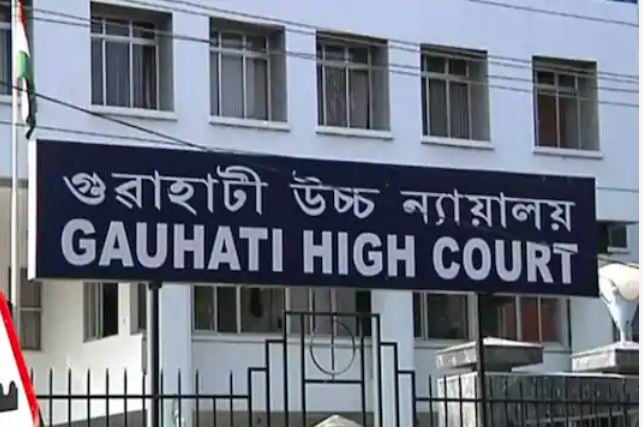The Gauhati High Court has rejected a petition seeking direction for setting up a dedicated prayer room in the precincts of the Lokpriya Gopinath Bordoloi International Airport, Guwahati, on the grounds that no fundamental right of the petitioner was being breached by not providing a separate prayer room at the said airport.
The Division Bench of Chief Justice Sandeep Mehta and Justice Kardak Ete, while dismissing the petition on grounds of being devoid of merit, noted that Articles 25 and 26 of the Constitution of India gave freedom to people from a particular denomination to profess a particular religion and to acquire movable and immovable properties and to administer such properties in accordance with law.
However, such rights could not be stretched to the extent that such a denomination could demand setting up a dedicated prayer facility in a public place like an airport, it added.
Earlier on September 29, while refusing to issue notice to the respondents, the Division Bench of Chief Justice Mehta and Justice Susmita Phukan Khaund has asked the petitioner about his fundamental right in this regard.
Noting that India was a secular country, it asked the petitioner the need of a prayer room for a particular community. It further said that a PIL could be filed for enforcing a fundamental right.
The petitioner argued that passengers belonging to different religions, while travelling through Guwahati Airport, were not having access to any proper prayer room.
He said the facility existed in various other airports across the country such as the Delhi International Airport, Mumbai International Airport, Mangalore Airport and Agartala Airport.
The petitioner further contended that the Constitution has guaranteed any religious denomination or section of it, the right to establish and maintain institutions for religious and charitable purposes and to manage in its own way, all affairs in the matters of religion.
Placing reliance on Supreme Court judgements in the Dargah Committee, Ajmer vs Syed Hussain Ali and Ors. 1961 AIR 1402 and Ratilal Panach and Gandhi vs State of Bombay and Ors AIR 1954 SC 388, he argued that Article 25 of the Constitution of India guaranteed the freedom of conscience and right to freely profess, practice and propagate religion not merely to the citizens of India, but to every person.
The High Court noted that in the judgement of Ratilal Panachand Gandhi (supra), relied upon by the petitioner, the Supreme Court clearly laid down that under Article 26 of the Constitution of India, rights were given to such denominations or a section of it to acquire and own movable and immovable properties and to administer such properties in accordance with law.
It said that no litigant could be permitted to seek a direction upon the Government to establish a dedicated place for professing religious practices in an airport.
Whether a particular kind of facility was required to be given to people accessing the airport, fell under the domain of the Government or the Airport Authority of India, more so, when it concerned a religious facility, the High Court pointed out.
The High Court said that while exercising the extraordinary writ jurisdiction conferred upon it by Article 226 of the Constitution of India, it cannot be asked to interfere with any such policy decisions of the Government.


